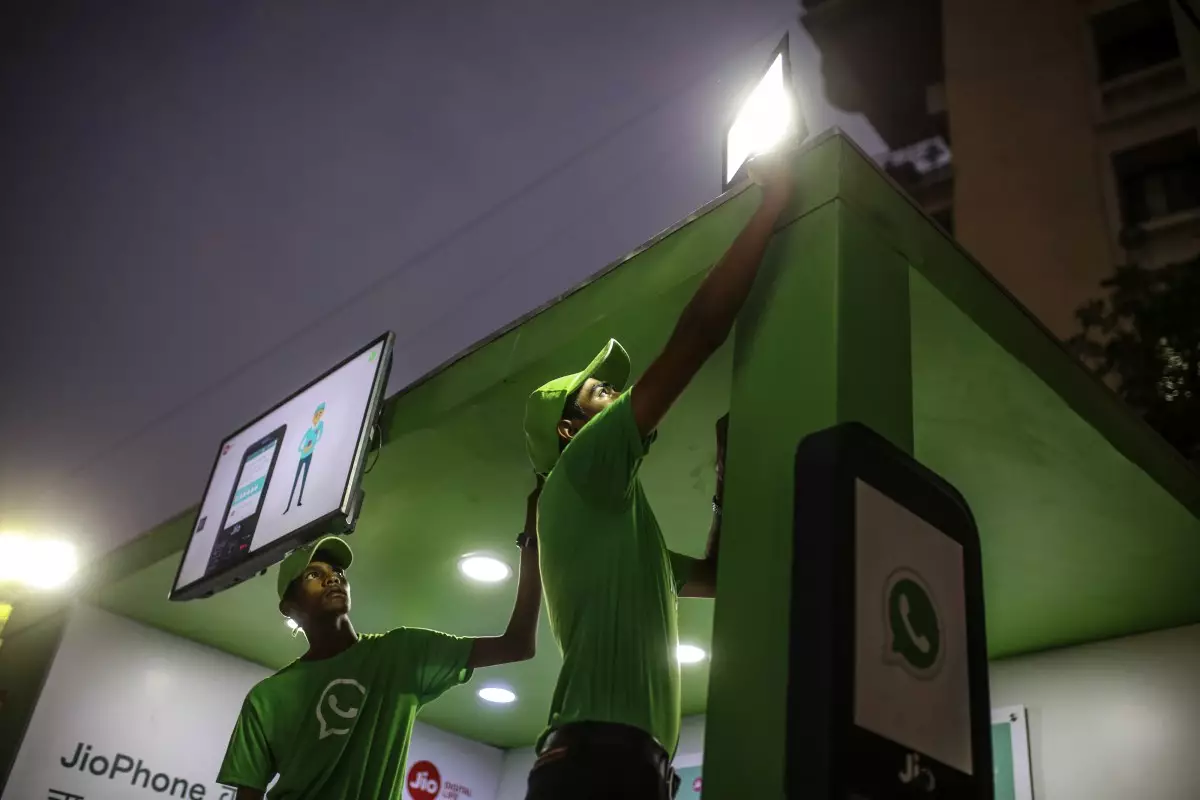In a move that has reverberated throughout the digital payments sector, India has lifted restrictions on WhatsApp’s payment service, marking a definitive triumph for Meta, the parent company of WhatsApp, in its most populous market. This landmark decision by the National Payments Corporation of India (NPCI) now permits WhatsApp to expand its payment features to its extensive user base exceeding 500 million in India. Prior to this, limitations imposed by NPCI had capped the service to 100 million users, a move meant to incrementally introduce the app into the highly competitive fintech landscape of the country.
The Expansion of WhatsApp Pay
The regulatory body’s change in stance opens the floodgates for WhatsApp Pay and showcases a notable pivot from NPCI’s previous cautious framework towards the messaging giant. Initially rolled out in 2020 with a restrictive user limit of 40 million, WhatsApp Pay was seen as a challenger to established players within India’s digital payment ecosystem, which processes approximately 13 billion transactions per month via the Unified Payments Interface (UPI). Following a gradual increase in user capability, the recent removal of all limits positions WhatsApp Pay favorably against incumbents like Google Pay and PhonePe, who currently dominate the market with an extraordinary near-85% share of UPI transactions.
Adjustments in Regulatory Framework
The NPCI’s decision arrives at a critical juncture as market concentration raises eyebrows among stakeholders in the fintech community. Just recently, the NPCI deferred a new proposal aimed at limiting the transaction share of any singular app to 30% within the UPI framework. The implementation of this rule has now been postponed for a significant duration, lasting until December 31, 2026. This delay not only bolsters WhatsApp’s chances for substantial market penetration but also indicates the regulatory body’s tacit acknowledgment of the need to foster competition amidst growing concerns over monopolistic behavior among existing players.
In light of this new phase, WhatsApp is poised to transform everyday transactions for millions of users. As expressed by a spokesperson, the company’s objective is to enhance user experiences by introducing functionalities like bill payments, shopping, and ticket bookings. This commitment to enhancing reliability and security in payments via WhatsApp reflects their larger strategy to integrate financial services within their existing platform and draw users into a more ubiquitous digital experience.
The unraveling of WhatsApp Pay also raises several implications and opportunities for both consumers and competitors. Enhanced accessibility to reliable digital payment services could empower small and medium enterprises, facilitating seamless business transactions directly through a platform that is already widely adopted. However, incumbents will likely face increased pressure to innovate and augment their offerings to retain loyal users as WhatsApp gears up to penetrate the substantial Indian digital payment market further.
The lifting of restrictions on WhatsApp Pay by NPCI symbolizes not just a changing tide for Meta in India, but also embodies a growing recognition of the vital need for an inclusive and competitive digital payments ecosystem. For consumers and businesses alike, this development heralds a new era of convenience and innovation.

